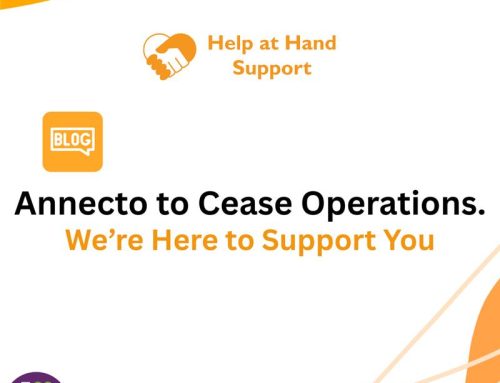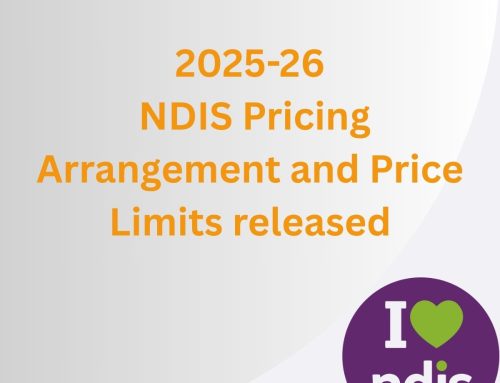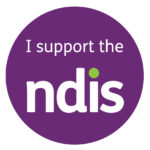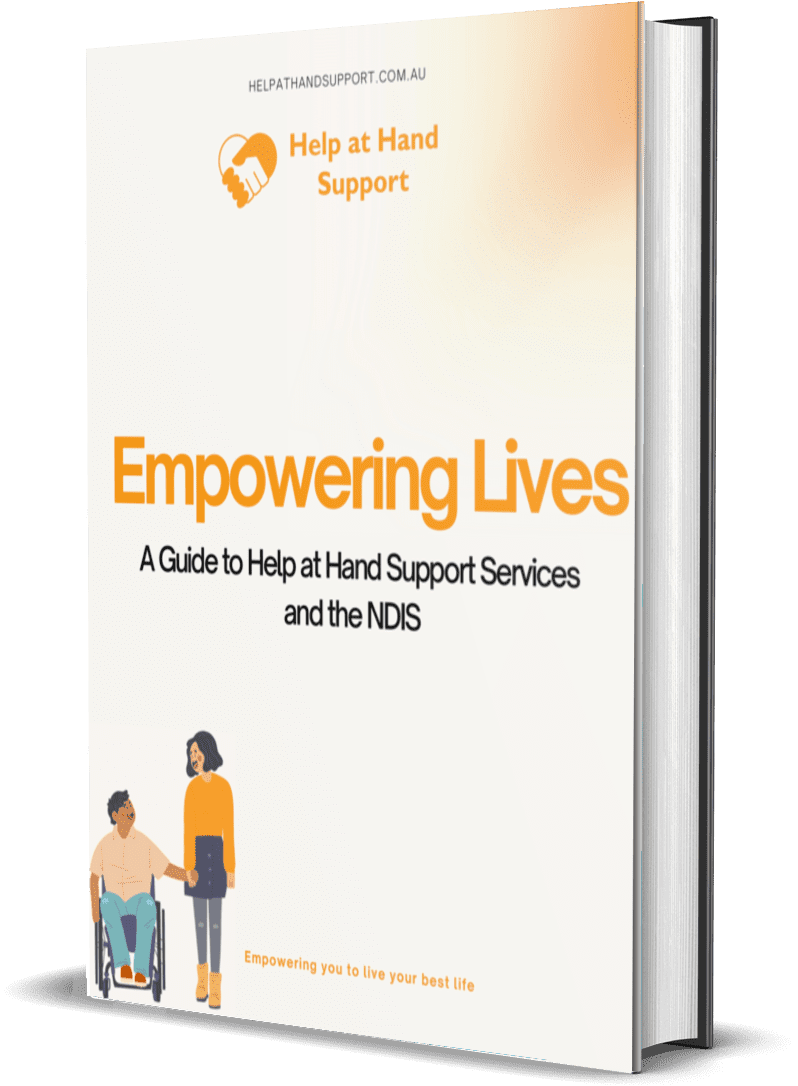PACE – What You Need To Know
If you work in the NDIS space, are a NDIS recipient or care for someone receiving NDIS supports than you have most likely heard about PACE.
PACE (which actually stands for Participant/Provider Alternative Cloud Environment) is the NDIS new online computer system – its objective which is to improve the NDIS experience for participants and providers.
As the introduction of this new computer system is a significant transformation within the NDIS, there is a fair bit to get your head around.
Here’s a breakdown of what PACE is and how it will impact you:
What is PACE?
PACE is replacing the NDIS’s current online portal. It aims to streamline interactions between participants, providers, and the NDIS, making the system more user-friendly and efficient. This should mean more time to deliver quality experience and support to NDIS participants.
In addition to the new computer system, two new portals have been built called the my NDIS participant portal and the my NDIS provider portal.
This new system has been a long time in the making with PACE testing of the new systems underway in Tasmania since November 2022.
Key Changes for Participants:
- Simplified Plan Management: PACE will present your NDIS plan in a clear and concise format, making it easier to understand your funding and manage your support needs.
- Greater Flexibility: Funding will be allocated to broader support categories instead of specific line items, offering participants more flexibility in choosing their providers and services.
- Enhanced Control: You will have greater control over your funding choices and will be able to easily track your service expenditure.
- MyProviders: PACE introduces the concept of “MyProviders,” allowing you to designate preferred providers, streamlining the service delivery process.
Key Changes for Providers:
- New Portal: Providers will transition to a new online portal within PACE called ‘my NDIS Provider Portal’, designed to simplify plan management, claim submissions, and communication with the NDIS.
- Bulk Claim Uploads: Service bookings will be eliminated, with providers submitting claims through bulk uploads to reduce transactional requirements and thus improve efficiency. A single line can be submitted in a bulk upload.
- Improved Communication: PACE aims to enhance communication between providers and the NDIS, ensuring smoother service delivery.
- More visibility: PACE will make it easier for providers to access a participant’s plan if they have the appropriate consent. Registered providers will be able to view a participant’s goals and nominee details. Plan managers will be able to view the parts of a plan they’re managing
NDIA Changes
- New annual ‘Participant Check-ins’ have been introduced.
- Plan meetings are now only required if a participant’s new plan is different to their current plan.
- New optional plan implementation meetings. Participants can choose whether or not they want to participate in these meetings that are designed to help them get their plan started and make sure it’s working in the right way.
Changes to NDIS support types and support categories
The launch of the new system has also brought with it some updates to the support types and categories.
- Support Types
In addition to [Core], [Capacity] and [Capital] support types, [Recurring] supports has now been added as a fourth support type. These supports are paid by the NDIS on a regular basis, so you don’t need to claim for these. This is specifically designed mainly for regular transport payments and is a self-managed category. - Support Categories
Five additional support categories have also been introduced:- Two (2) new Core supports:
- Home and living.
- Young people in residential aged care’ (YPIRAC), this is however an NDIA managed category.
- Two (2) new Capital supports includes two new categories:
- Assistive Technology, maintenance, repair and replacement.
- Specialised Disability Accommodation (SDA).
- One (1) new Capacity Building:
- Behaviour supports.
- Two (2) new Core supports:
- Names Changes
Five of the existing category names (all under Capacity Building) are receiving new names:- Support coordination is now called Support coordination and psychosocial recovery coach.
- Improved relationships is now called Relationships.
- Improved health and wellbeing is now called Health and wellbeing.
- Improved learning is now called Lifelong Learning.
- Improved life choices is now called Choice and control.
You can read more about Support Categories in our blog article: https://helpathandsupport.com.au/ndis-support-categories-an-overview/
Not everything is changing!
Even though we are all adapting to changes that come along with the new PACE system, there are things that won’t change, including:
- The supports you receive (although some may have a new name)
- The essential core structure of NDIS Plans
- Item Support Numbers
- The provider registration process
Benefits of PACE:
- Streamlined Processes: PACE promises a more efficient and user-friendly experience for both participants and providers.
- Increased Transparency: Clearer plan formats and improved communication will hopefully lead to greater transparency and understanding for everyone involved.
- Flexibility and Choice: Participants will have more flexibility in choosing their providers and services, leading to more personalised support and autonomy for the participant.
The PACE Transition
The NDIS is rolling out PACE in stages across Australia. While the exact date for your transition may vary, the process is expected to be completed within an 18-month timeframe, from when it officially launched at the end of October 2023.
New participants are likely to be onboarded first, with all new plans and plan renewals from February 2024 moving onto the PACE and existing participants migrating to the new system during plan reviews/reassessment.
Stay Informed and Prepared
Phew, that was a lot to take in!
But don’t fret, Help at Hand Support is committed to keeping you informed about the PACE transition. We encourage you to visit the NDIS website (https://www.ndis.gov.au/) and follow our blog for the latest updates.
If you have any questions or concerns, please don’t hesitate to contact us. We’re here to support you throughout this transition and ensure a smooth and positive experience with receiving the supports you need.
Check out more from our Blog
Book A Care Consult
We will be in contact with you shortly







